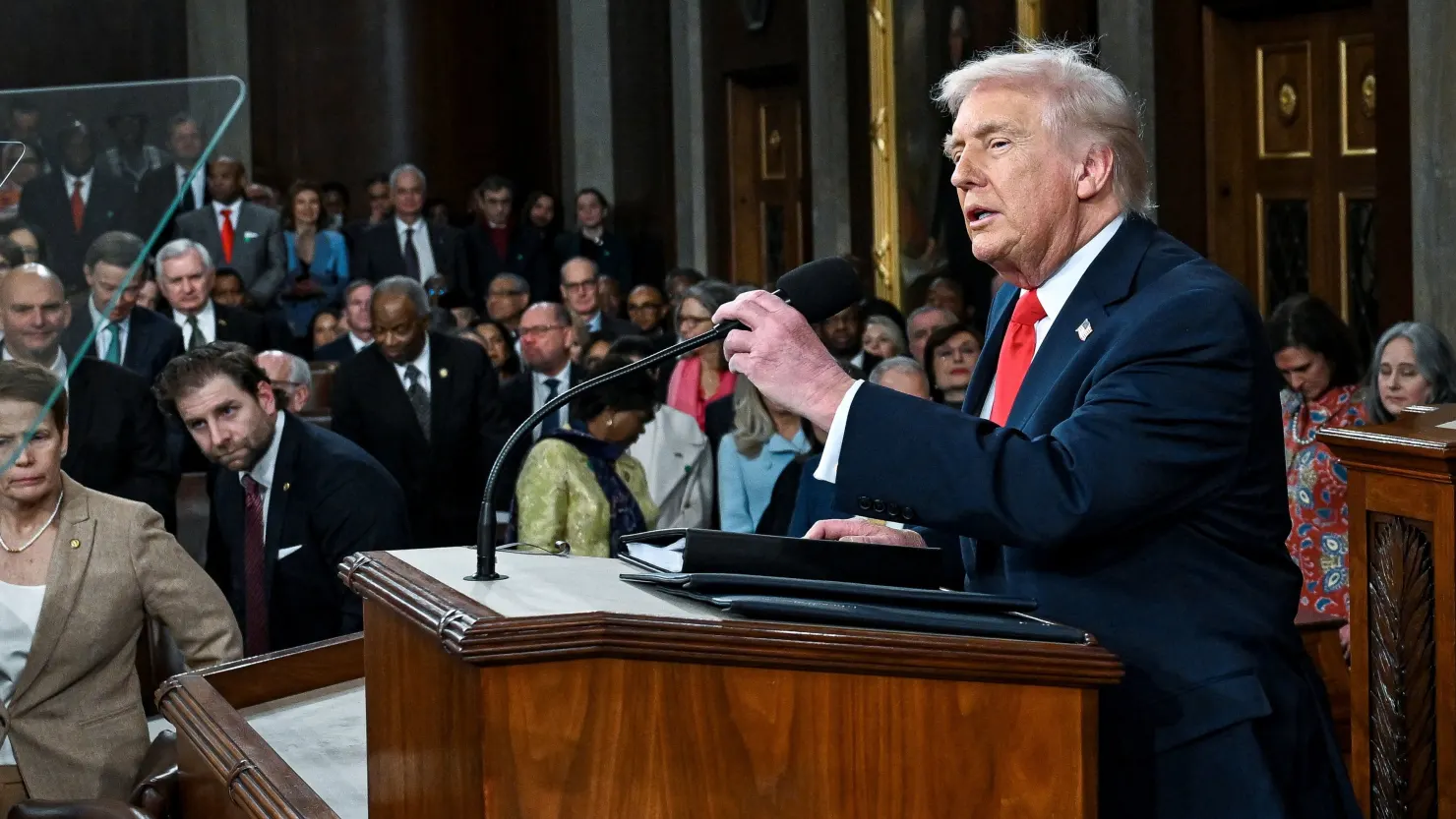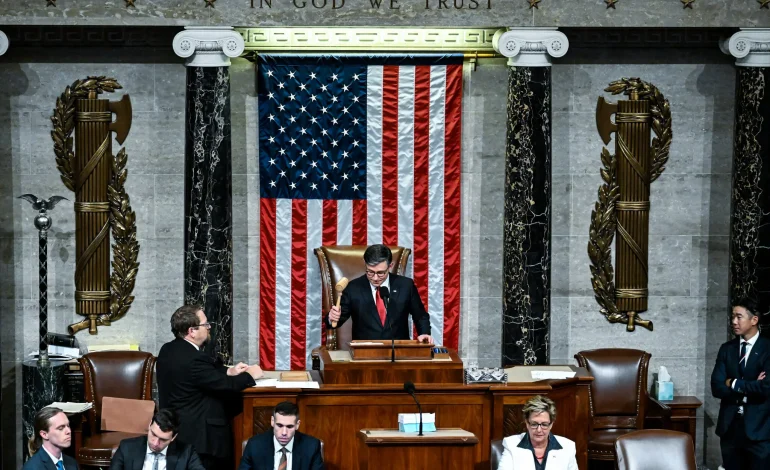As the US federal debt climbs sharply following the passage of President Donald Trump’s signature spending package — projected to add over $3 trillion by 2034 — one of America’s largest foreign creditors, China, has opted for an unusually restrained response, the New York Times reports.
Historically, Beijing has not hesitated to voice concerns over Washington’s fiscal policies. In past episodes, such as the 2013 debt ceiling standoff and the 2008 global financial crisis, Chinese officials and state media publicly criticized US economic management, often warning that excessive debt and instability posed a threat to China’s significant holdings of US Treasury securities.
But this time, as the Trump administration’s so-called “Big Beautiful Bill” moves forward, Chinese officials have been notably silent — even as the legislation intensifies concerns about long-term debt sustainability and the strength of the US dollar.
According to Yasheng Huang, an economist at the Massachusetts Institute of Technology, the current concerns for China are indeed material.
“The dollar has already depreciated, dragging down the Chinese holdings,” Huang said. “In terms of the other concern, I personally do not trust this administration to uphold rule of law and debt obligations.”
Despite these worries, experts suggest Beijing may have strategic reasons for staying quiet.
China and the US remain engaged in a delicate trade détente, with recent agreements aiming to ease tariffs and move toward more stable economic relations. Publicly criticizing President Trump’s domestic fiscal policy could risk derailing that progress, analysts say.
“China is still trying to maintain a fragile trade truce with the United States,” said Joe Mazur, an analyst at research firm Trivium. “Criticizing Trump’s signature piece of legislation could anger him and torpedo recent diplomatic understandings.”
The possibility of a high-level meeting between Trump and Chinese President Xi Jinping may also be influencing China’s muted posture. Beijing is currently focused on restoring economic growth and may see little value in provoking further tension with Washington.
Some Chinese observers believe that allowing the US to pursue expansive spending without interference could ultimately benefit China by weakening a rival.
“The chances of Trump’s success are at best uncertain,” said Shen Dingli, a scholar of international relations in Shanghai. “This could indirectly help make China great again.”
Chinese media coverage of the bill has focused less on financial risks and more on the political discord surrounding its passage. State-run outlets have described the US legislative process as a “political circus” and highlighted polarization in Washington. Online, some Chinese social media users echoed critical views, with hashtags pointing out the bill’s potential impact on healthcare coverage and quoting critics like Elon Musk.
Beijing’s relative quiet may also reflect a shift in its financial positioning. China has steadily reduced its holdings of US Treasury bonds over the past decade — from a peak of $1.3 trillion to about $750 billion today — and diversified into assets like gold.
China’s long-term strategy also includes efforts to reduce the dominance of the US dollar in global trade. Officials have frequently criticized what they view as the dollar’s “hegemony” and its role in giving the US outsize influence over the global economy.
“The United States is using the greenback and its large deficit financing to sustain its global power,” said Henry Huiyao Wang, president of the Center for China and Globalization in Beijing.
Still, some analysts caution against overestimating the decline of American financial dominance.
“America’s financial dominance can’t be easily overturned, and the same goes for the dollar’s supremacy,” said Yao Yang, an economist at Peking University.
Despite the recent debt surge, Yao said, the US remains the world’s largest consumer market — a status that continues to attract investment and sustain dollar demand.










The latest news in your social feeds
Subscribe to our social media platforms to stay tuned